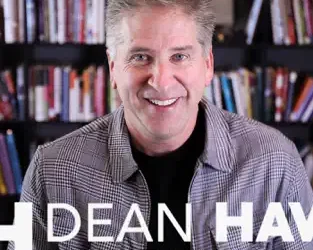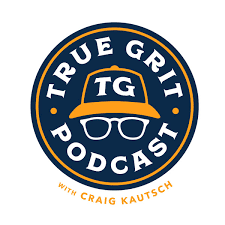As a leader, your attention is one of your most valuable assets. You have to focus on the strategic plan when everyone else is in the weeds. You have to put your attention on developing leadership and teams even when there is a crisis, to prevent future crises. Basically, what holds your attention will drive your results.
One psychological tendency that most leaders struggle with is a vulnerability to the wrong attention-grabbers. These attention grabbers compete for your time and energy, and they can be pretty vocal! But they can drag you into a black hole of non productivity, if you let them. Here are a few of them:
- Crises that never get fixed for good.
- Tactical behaviors that solve little problems, instead of strategic and aligned behaviors that drive growth.
- People who just can’t be pleased no matter what you do.
- A focus on lag indicators instead of on lead indicators.
- “Spacing out” time when you are just so done with it all that your brain puts its attention on actually not paying attention. It just shuts down.
These attention grabbers won’t all go away, they are just part of organizational life. So here are some tips for dealing with their presence, and yet keeping your attention on where you really need to focus.
- Start every work day, for 15 minutes, with your office door closed and a review of what you need to accomplish for that day. This has to do with some of the neuroscience research that indicates that our brain is looking for a path and a structure. If that is in your mind from the beginning of the day, your mind will latch on to that and you’ll be less prone to get derailed.
- Create structured “other” time during the day. Allow dedicated “whatever” times during the day, say in the am and in the afternoon. These are times when people can bring you crises, you can take phone calls that are important, and you can catch up on matters. If you structure this time, you are more likely to not go over the time limit, thus being in control of your own agenda.
- Ten seconds. When an attention grabber comes your way, use this simple technique: give yourself 10 seconds before you answer the question, commit your time, fix the problem, repair the break or advise the next step. That 10 seconds will get you out of your limbic “fight or flight” brain, and engage your higher executive functions. And the higher functions will have a chance to evaluate and ask, “Is this really the best use of my attention right now?”
- Never forget this saying: just because someone is screaming, it doesn’t mean that something bad is happening. Have compassion for the urgent issues and people’s discomfort. But be governed by your vision and your values, and nothing else.
Best to your leadership!





